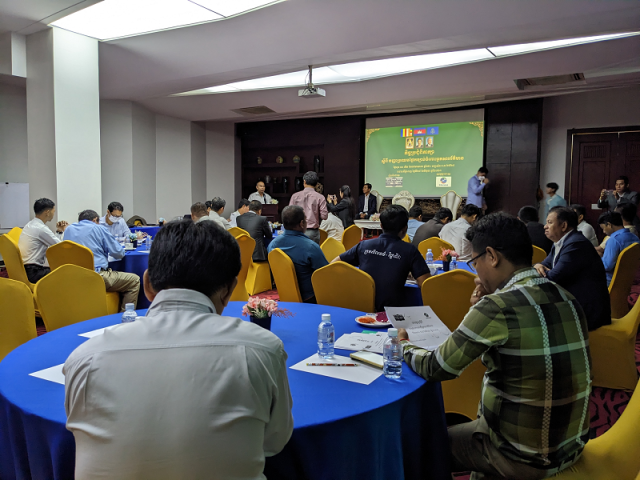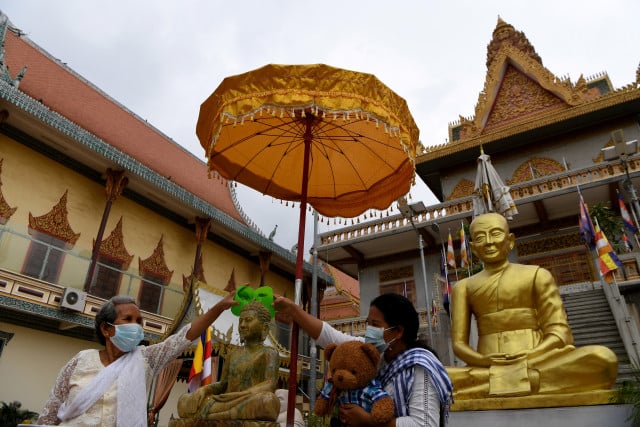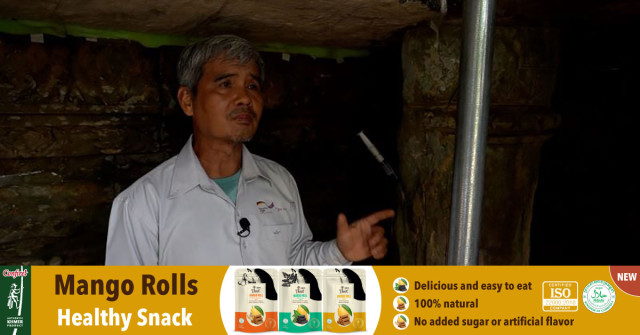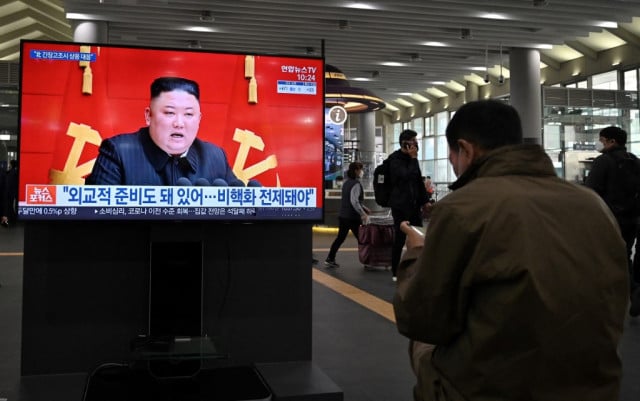Legal Aid of Cambodia Provides Pro-Bono Court Support to Journalists

- By Po Sakun
- July 4, 2023 3:06 PM
PHNOM PENH – Since 1995, Legal Aid of Cambodia (LAC) has provided free-of-charge legal assistance for the poor and most vulnerable, to ensure access to justice and respect for the law and human rights.
After focusing on justice for children, women or people facing land issues, the organization started a program dedicated to better protection for journalists in 2019, feeling that the media landscape was rapidly evolving.
Since its launch four years ago, the program received a total of 32 cases, brought against reporters by authorities or the general public, including both wealthy and poor people.
To date, 28 cases have been resolved, with journalists often being acquitted. Common offenses for accusing journalists were public defamation, incitement to discrimination, incitement to commit crimes and intimidation.
While LAC had to temporarily suspend the program in August 2022, it went back on track in March 2023 with four additional journalists receiving pro-bono legal assistance from the organization.
In addition to defending journalists in court, LAC holds regular forums to inform reporters about their rights and duties, as defined in the law on the press. Around 20 NGOs and media outlets take part in the discussions.
Un Chanthol, a lawyer at LAC, said that journalists are often brought to court for criminal charges. But some cases against them lack evidence and legal ground to convict them of wrongdoings.
Nevertheless, he stresses that journalists must respect the law and the profession’s code of ethics by providing balanced reports and avoiding one-sourced stories at all costs, which is not uncommon in journalists’ news coverage in Cambodia.
“Most of the accusations against journalists are criminal offenses,” said Chanthol. “A judgment or sentencing depends on the facts and the type of offense and the different conduct of the accused.”
LAC’s Executive Director Run Saray said that public freedoms fluctuate according to the political situation. While he acknowledges Cambodia’s law on the press provides space and legal framework for journalists, he says he cannot evaluate whether the press is still free to operate.
“Before 2016, the press situation was normal. But after political tensions arose, the freedom of the press has been restricted,” said Saray. “The pandemic and the dissolution of the opposition party [the court-dissolved Cambodian National Rescue Party] created press restrictions under the pretext of national security and public order.”
From 128th to 147th on Press Freedom Index
Over the past six years, the media landscape has shrunk in Cambodia. In 2017, over 30 radio stations were shut down across 20 provinces by Cambodian authorities, with independent Khmer-language coverage being primarily targeted.
The same year, the Cambodia Daily, an English and Khmer daily newspaper, was forced to close its doors. Its closure was followed a few months later by the takeover of the Phnom Penh Post, the other notorious critical newspaper, by a media magnate with close ties to the government.
In February 2023, the online Khmer and English language investigative media Voice of Democracy saw its media license suspended by the Ministry of Information, adding to the list of media outlets forced to seize operations.
As a result, Cambodia’s position in Reporter Without Borders’ press freedom index dropped from 128th out of 180 in 2016, to 147th in 2023.
Un Chanthol said there are about 5,000 press card holders in Cambodia, which should ensure freedom of speech. But he stressed that many journalists have limited knowledge of the penal code or the law on the press, which is detrimental to their professionalism.
“Journalists must be knowledgeable and go through legal or journalism training before starting reporting. There must be short or long training for them,” he urged.
Heang Kunthea, a journalist at Radio National Kampuchea, said the legal discussion forum helps journalists better understand the challenges and the ethics of the profession.
With nearly 10 years of experience in journalism, she says that when reporters follow journalistic ethics, there will be no challenges.
“Adherence to journalistic ethics and non-acceptance of bribes give respect and dignity to journalists,” said Kunthea. “Coming to this program, I learned more about the rules of journalism. Journalists can be prosecuted for criminal offenses, so journalists must understand the law on the press.”
Originally written for Thmey Thmey, the story was translated by Teng Yalirozy for Cambodianess.















